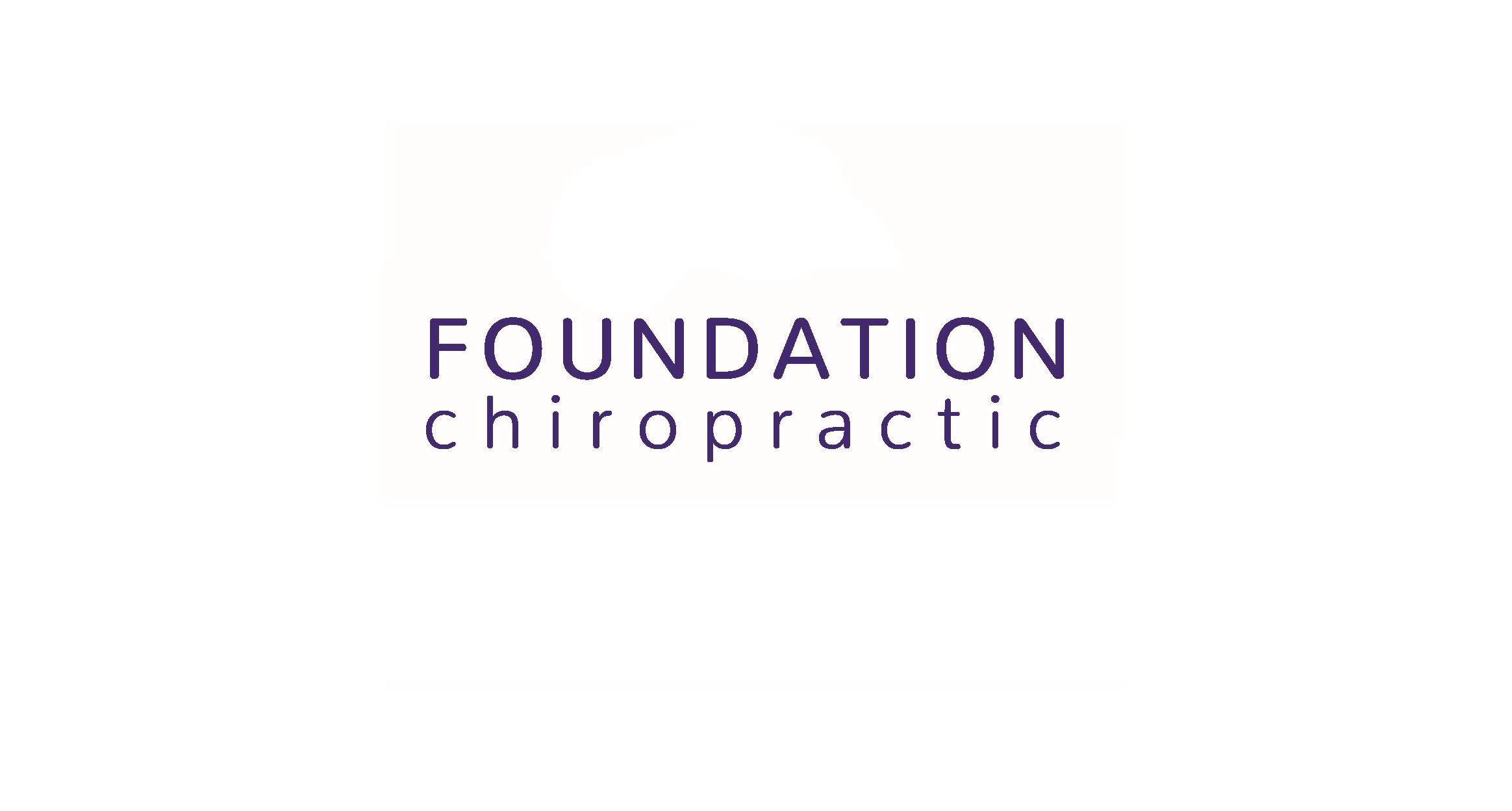
On to my soap box I go….
There are many reasons a person could become deficient in a vitamin or mineral. I’m going to address the most common reason I see in practice: malabsorption. Malabsorption is the body’s inability to absorb the nutrient due to one of many factors, such as poor digestion or taking an inactive form of the nutrient.
In order to get vitamin B12 from our diet, we need to consume animal products or fortified foods. If we are eating either of these while taking certain medications (such as proton pump inhibitors, H2 blockers or even over the counter antacids), the body may be unable to break down the food to liberate the B12 due to a decrease in stomach acid. An estimated 10 to 30 percent of adults over the age of 50 have difficulty absorbing vitamin B12 from food (1). This is due to a natural decline in the production of stomach acid as we age.
I’m not saying we all run out and reduce the medication. That might work in some cases, but it’s best to speak with your GP regarding any changes to medication. What I am saying is that the tiredness, brain fog, tingling in the arms and legs, body aches and memory loss might not actually be due to your diet. Normally once symptoms appear, people have already been told they have a deficiency. It is then recommended that they take a supplement. The most common B12 on the market? Cyanocobalamin.
This leads me to my next point. Inactive nutrients. NOT ALL SUPPLEMENTS ARE CREATED EQUAL. Seriously though. You really do get what you pay for. First of all, Cyanocobalamin is not the bioactive form of B12; methylcobalamin and adenosylcobalamin are. (2) Stay with me here.
- You have poor digestion, and are not absorbing B12 from your diet.
- You buy a supplement (even one of my preferred ones!) in tablet form.
- You expect to be able to digest the tablet to then absorb the B12.
Can you see where the logic in that situation runs out? If you can’t digest, you’re going to have to take a heck of a lot more of a tablet to get the dose listed on the bottle (which seems like a waste of time and money to me).
The alternative is taking the active form of B12 in a way that bypasses the stomach. Enter the sublingual supplement. The great thing about taking a supplement under the tongue is it’s absorbed by the mucosal membranes of the mouth and there for bypasses the stomach and intestines where the poor digestion is taking place. Therefore, if it’s found that a B12 deficiency is due to lack of stomach acid, I recommend going the sublingual route.
I am happy to advise clients on the best supplements to take given their history and circumstances. If you’re interested in having a bit of a chat, Foundation Chiropractic offers complimentary phone or skype calls to find out more. Contact us at 01915111413 or foundationchiropracticuk@gmail.com.
Source:
- https://www.hsph.harvard.edu/nutritionsource/b-12-deficiency/
- ICPA Seminar, icpa4kids.org
